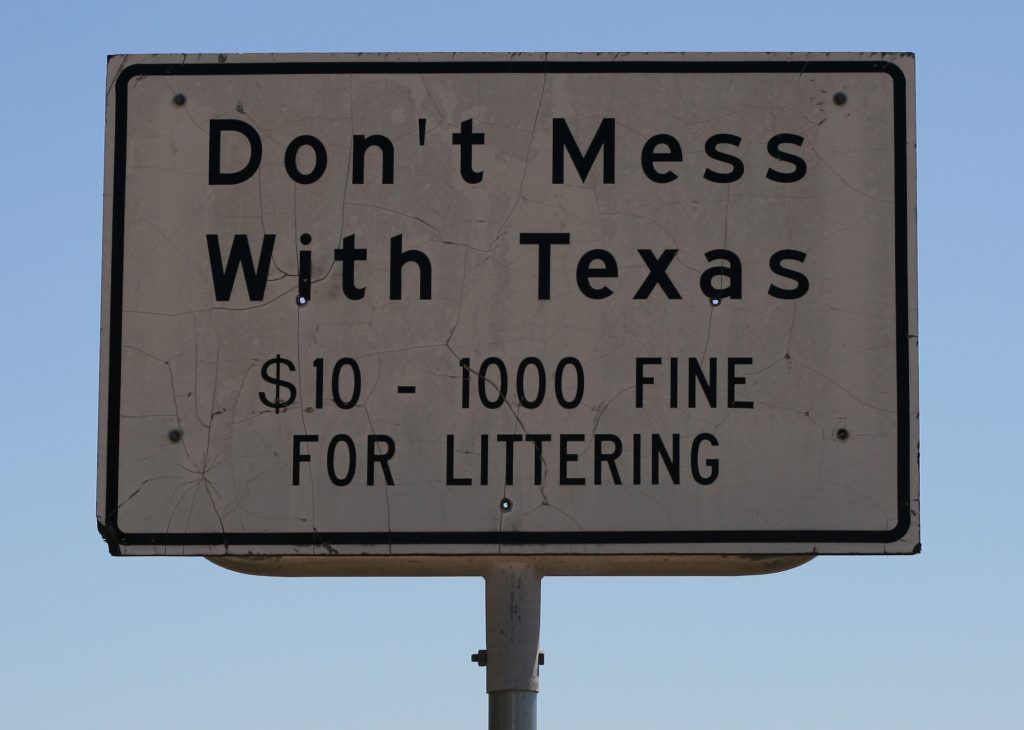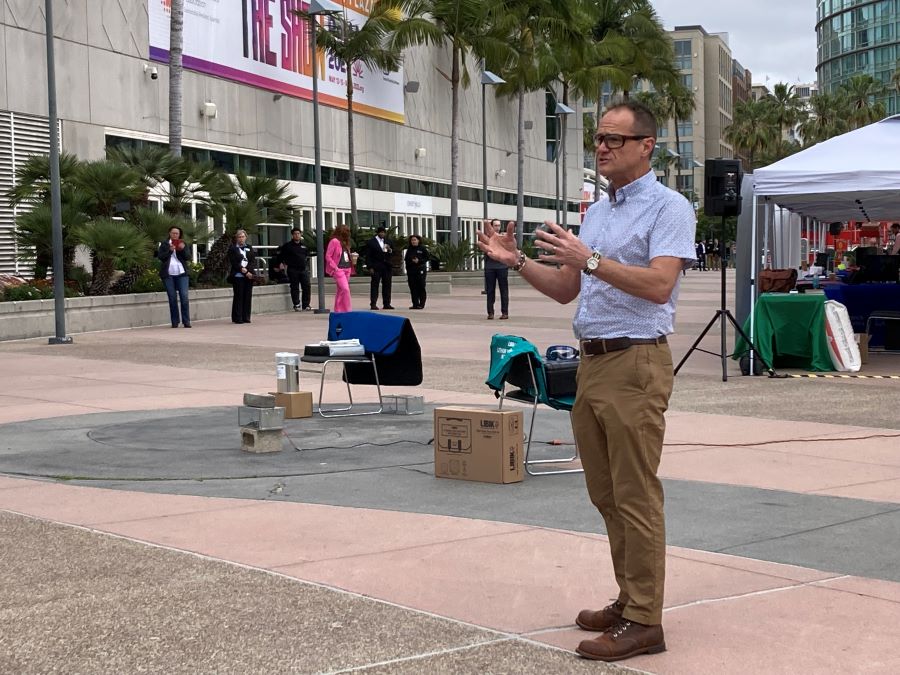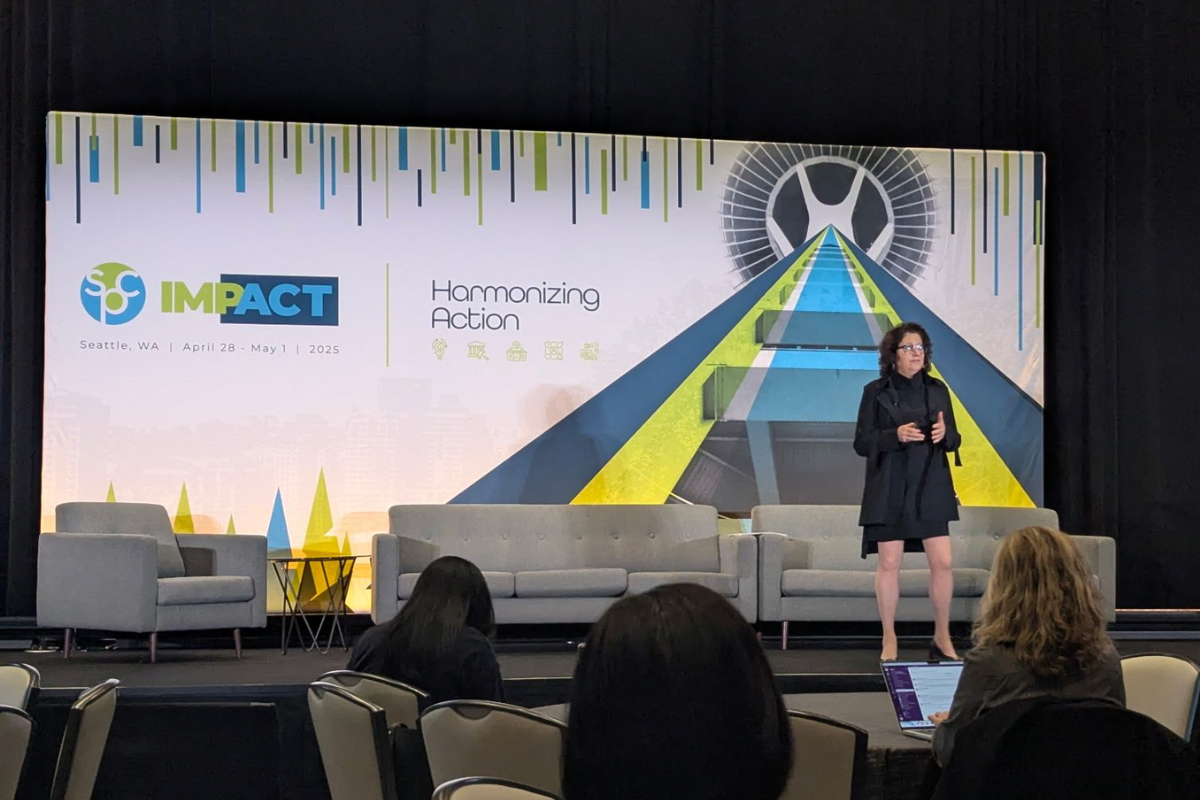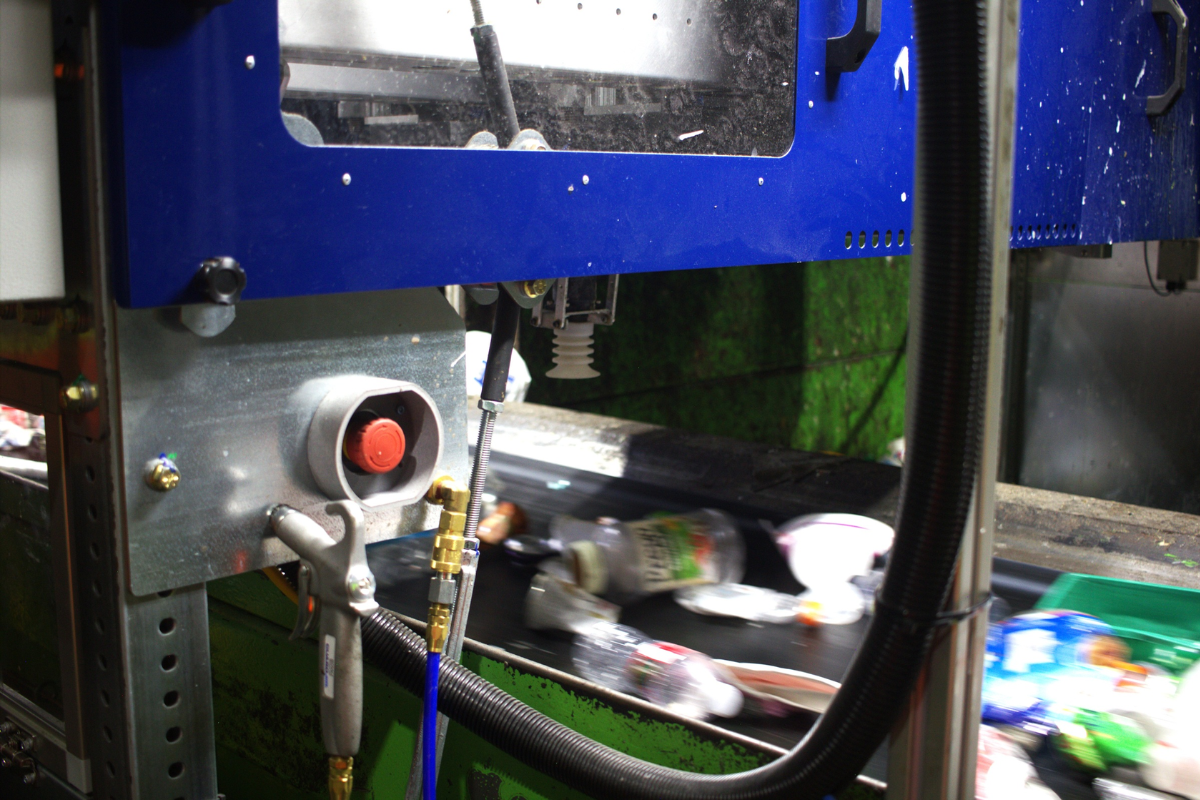
The California Department of Resources Recycling and Recovery released a revised informal draft of SB 54 regulations. | Michael Warwick/Shutterstock
The California Department of Resources Recycling and Recovery released a revised draft of SB 54 regulations, two months after the governor rejected the first version of the extended producer responsibility for paper and packaging rules.










